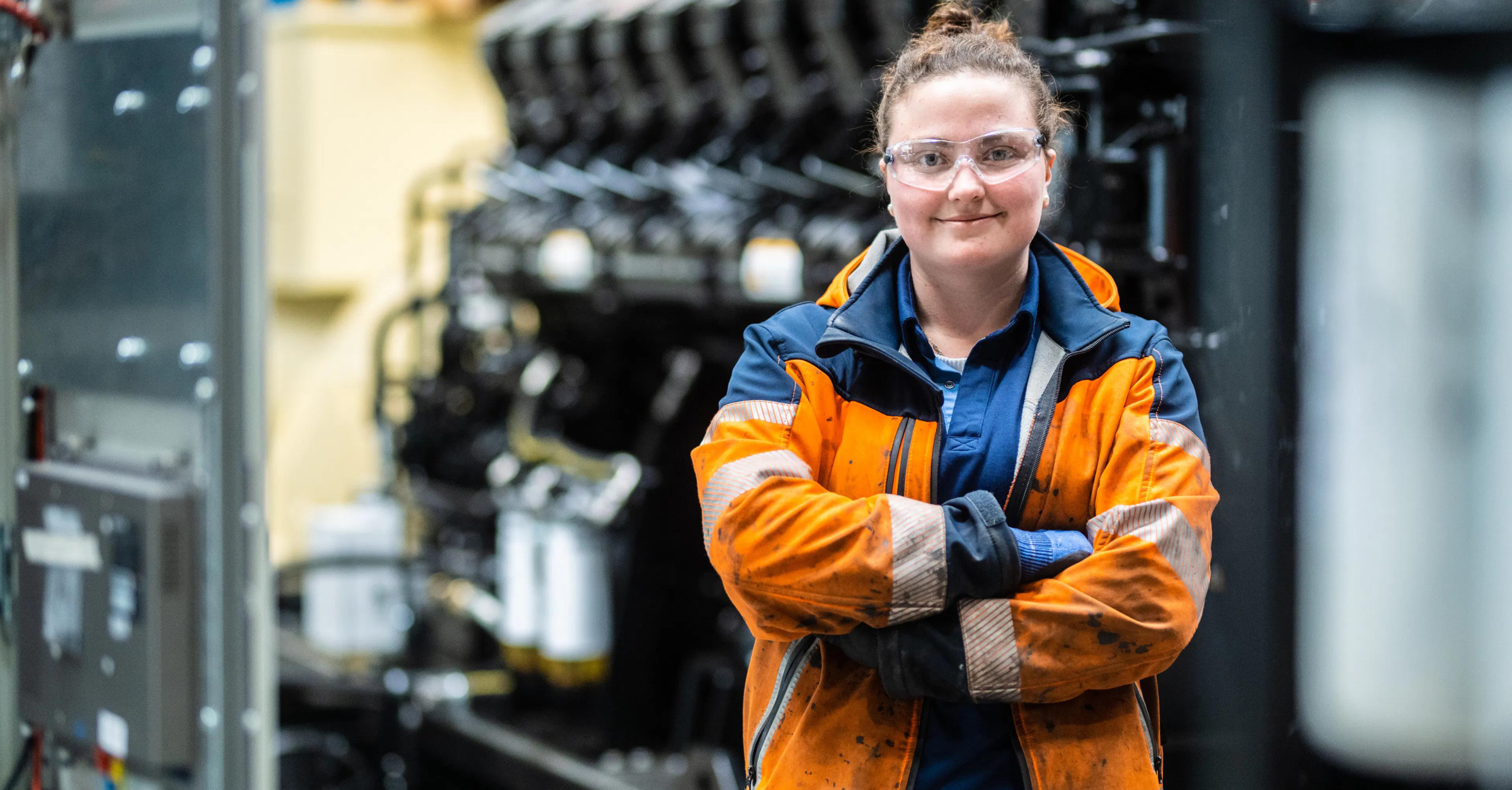How Kohler is Revolutionizing Backup Power with a Groundbreaking Environmental Declaration
Kohler Energy is setting a new standard in the data center industry with its groundbreaking Environmental Product Declaration (EPD), the first of its kind in the data center sector. This brand new report provides transparent, third-party verified insights into the generator’s environmental impact from production to end-of-life. Here’s a look at how Kohler’s commitment to eco-friendly innovations and transparency came together for another industry-leading sustainability initiative.
Environmental Product Declarations in the Spotlight
For data centers looking to adopt a greener operation or take a step forward with their ESG policy, the path forward isn’t always clear. Scope 3 emissions are important, but often difficult to get a firm handle on, especially with a lack of information regarding embodied carbon from a data center’s supply chain and building materials. As a result, data centers are struggling with some important questions. Are you sure that your suppliers are meeting all environmental regulatory requirements and standards? Are your vendor partners aligned with your sustainability goals or commitments? Are your business partners curbing pollution and mitigating risks for environmental harm? It can be difficult to answer these questions without firm accountability and open transparency.
For these reasons and more, environmental declarations from manufacturers can offer significant value. An Environmental Product Declaration (EPD) provides transparent, third-party verified data on a product's environmental performance throughout its lifecycle, from material extraction to end-of-life. Based on a life cycle assessment (LCA), the EPD includes a detailed report and a public document summarizing the environmental impacts. Recently, Kohler’s KD3750-F model generator received a full EPD in the form of a PEP Ecopassport — a first for data center backup power solutions.
The PEP Ecopassport
The P.E.P. (or Product Environmental Passport) association is a nonprofit committed to developing an internationally recognized EPD for electrical, electronic, and HVAC equipment. The association works in compliance with ISO 14 025 requirements to manage the PEP Ecopassport program, a Type III environmental declaration with a five-year validity period.
PEPs contain several different components, including a full description of the equipment’s materials, including mass, lifespan, and function. The report then evaluates the environmental impact of the equipment based on 39 different indicators, taking all the stages of the product life cycle into account. With the information contained in a PEP Ecopassport, consumers can gain valuable information regarding important factors such as a product’s contribution to the depletion of natural resources and energy consumption used to manufacture the piece of equipment. For instance, in France, PEP records are used often when calculating the carbon footprint of new construction projects.
Kohler’s EPD Journey
Kohler Energy undertook a comprehensive process to ensure accurate and transparent environmental data for its generators. Key steps in creating a PEP include ensuring data quality and availability, performing scenario analyses, and extracting results for a series of indicators. For Kohler, the first stage of the process involved understanding the life cycle stages of the product, defining system boundaries, gathering information, and using LCA software for impact assessments. Then, the next step involves automating this process to improve efficiency and accuracy.
Throughout these steps, Kohler collaborated closely with key suppliers to gather data. In addition, third party consultants from environmental specialist firm EVEA used software called SimaPro to analyze and quantify the lifecycle assessment and sustainability goals. After a rigorous verification process, the resulting environmental declaration for the generator was deemed to comply with all applied standards, providing detailed insights into the generator’s environmental impact throughout its lifecycle.
The PEP Ecopassport was initially issued for the KD3750-F backup generator produced at Kohler’s manufacturing facility in France, but the baseline data can easily be applied to all other generators in the series, including the KD2000 to the KD4500, and there are already plans in place to introduce similar EPD programs for generators made in the U.S.
While EPDs are not new to Kohler, this declaration represents the first data center backup generator to receive a PEP Ecopassport. Our goal in achieving this certification is two-fold. First, we wanted to learn from the data and analysis in order to further innovate, offering you the most eco-friendly backup power solution possible. Second, we wanted to offer full transparency in the form of comprehensive reporting to support our clients’ ESG goals and emissions strategy. The Ecopassport, in addition to a host of other clean energy initiatives such as engine efficiency enhancements, the adoption of renewable fuel and the implementation of new maintenance techniques, demonstrates Kohler’s ongoing commitment to improving the environmental performance of generators – giving customers resilient and sustainable power options for the future
To view the full PEP Ecopassport, click here. To learn more about Kohler’s other sustainability initiatives, click here.
